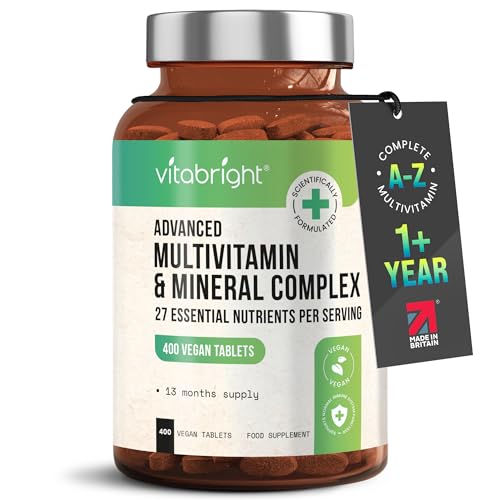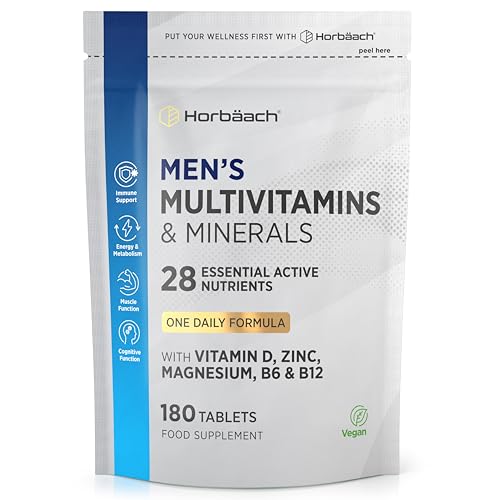Understanding Multivitamins: What They Are and Why You Might Need Them
What are Multivitamins?
Multivitamins are dietary supplements containing a combination of vitamins and minerals, designed to fill nutritional gaps in our diets. Consider them as a safety net, ensuring that we get the essential nutrients our bodies require for optimal health, especially when our daily food doesn’t provide everything we need.
Who Might Need Them?
While many of us can meet our nutritional needs through a balanced diet, certain groups may benefit significantly from multivitamins. If you often skip meals, follow a restrictive diet, or have specific health concerns, these supplements can help support your overall wellness. Additionally, older adults, pregnant or breastfeeding women, and those recovering from illness might find multivitamins particularly beneficial.
Key Ingredients in Multivitamin Supplements: What to Look For
Essential Vitamins to Include
When browsing multivitamins, look for key vitamins such as A, C, D, E, and the B-complex vitamins. Vitamin D, for example, is crucial for bone health and immune function, particularly if you spend limited time in the sun. Meanwhile, B vitamins play a vital role in energy metabolism and brain function.
Important Minerals
Do not overlook the minerals included in your multivitamin. Calcium and magnesium are essential for bone health, and iron is important for transporting oxygen in the blood. It’s wise to choose a multivitamin that includes a comprehensive profile of these minerals to cover your nutritional bases.
Choosing the Right Multivitamin: Factors to Consider for Your Lifestyle
Age and Gender Specific Formulas
Several multivitamins are tailored to particular life stages or gender, recognizing that our nutritional needs change over time. For instance, multivitamins formulated for women often include additional iron, while those for men might focus more on supporting heart health. Consider your age and gender when selecting a product to ensure it meets your specific needs.
Dietary Restrictions
If you follow a vegetarian or vegan diet, look for multivitamins that are free from animal by-products. Additionally, if you have allergies or intolerances, read labels carefully to avoid any ingredients that could trigger a reaction.
Form of the Supplement
Multivitamins come in various forms, including tablets, capsules, gummies, and powders. Think about your preferences and ease of use. Gummies might be more palatable, especially for those who struggle with swallowing pills, while powders can be mixed into smoothies for quick consumption.
How to Incorporate Multivitamins into Your Daily Routine
Setting a Schedule
To ensure consistency, consider integrating your multivitamin into your daily routine. Taking it at the same time each day, perhaps alongside breakfast or your morning coffee, can help establish a habit. Mark it on your calendar or set a reminder on your phone if needed.
Pairing with Food
Some vitamins are best absorbed with food, particularly fat-soluble ones like vitamins A, D, E, and K. Taking your multivitamin with a meal can enhance nutrient absorption, making it more effective. Avoid taking it on an empty stomach to prevent digestive discomfort.
Frequently Asked Questions About Multivitamins: Your Concerns Addressed
Are All Multivitamins Created Equal?
Not necessarily. The quality and formulation of multivitamins can vary widely between brands. It’s essential to choose a reputable brand that provides transparency about its ingredients and sourcing practices.
Can I Take Multivitamins with Other Supplements?
Combining multivitamins with other supplements is generally fine, but it’s wise to consult a healthcare professional. They can help you avoid excessive intake of certain vitamins or minerals, which can occur with multiple supplements.
How Long Should I Take Multivitamins?
This largely depends on your individual health goals and dietary habits. For many, incorporating multivitamins as a regular part of their routine can be beneficial for the long term, especially if their diet lacks variety. Periodically reassess your needs and consider consulting a healthcare provider.



























